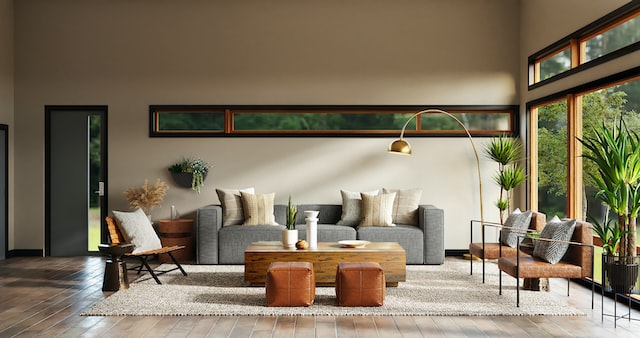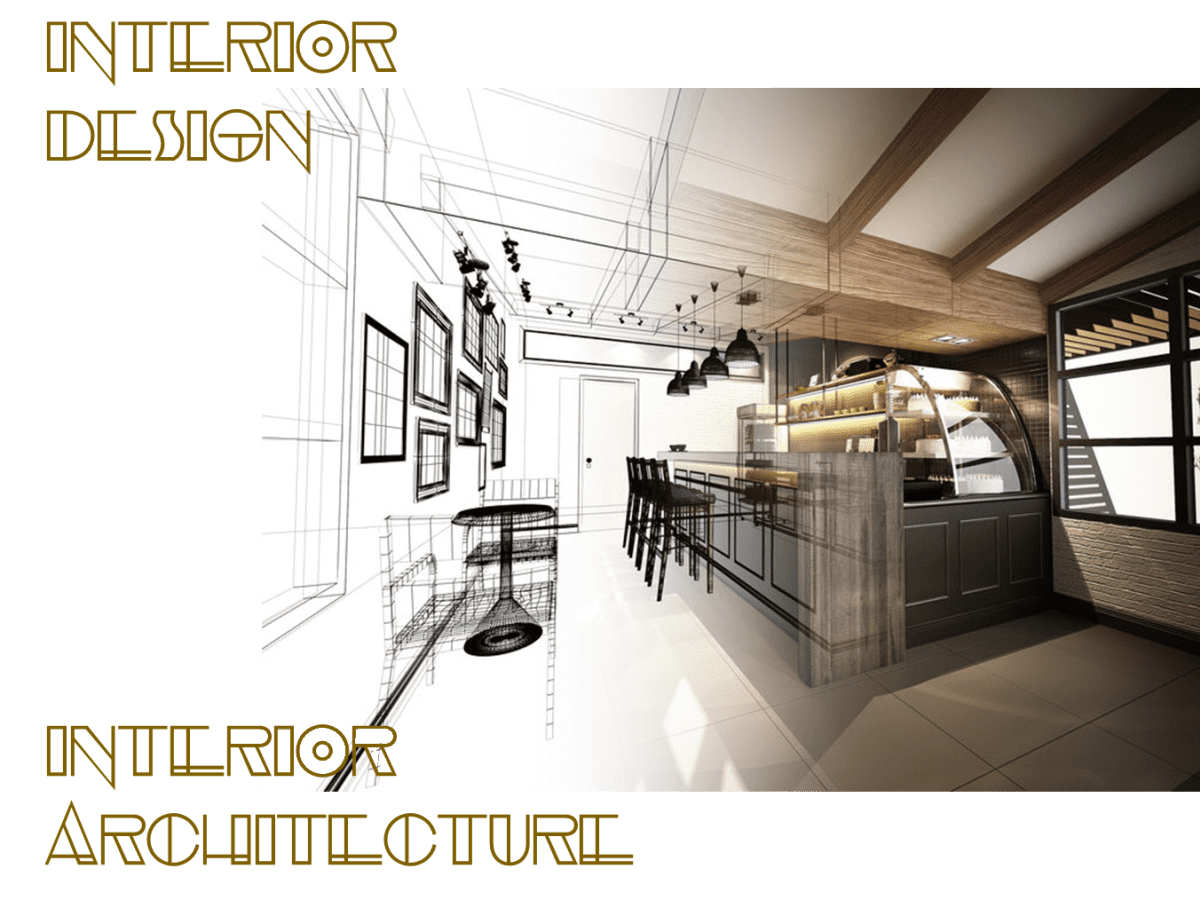Trusted Top Luxury Home Designer Services for Sophisticated Designs
Trusted Top Luxury Home Designer Services for Sophisticated Designs
Blog Article
The Art of Balance: How Interior Design and Home Architect Collaborate for Stunning Results
In the world of home layout, striking an equilibrium in between looks and capability is no little accomplishment. This delicate equilibrium is achieved through the unified cooperation in between interior designers and architects, each bringing their one-of-a-kind proficiency to the table. Stay with us as we discover the details of this collective process and its transformative impact on home layout.
Recognizing the Core Distinctions Between Interior Decoration and Home Design
While both Interior Design and home style play necessary functions in producing aesthetically pleasing and useful areas, they are inherently various self-controls. Home architecture primarily concentrates on the structural facets of the home, such as developing codes, security regulations, and the physical building and construction of the area. It deals with the 'bones' of the framework, dealing with spatial dimensions, load-bearing wall surfaces, and roofing system layouts. On the other hand, Interior Design is a lot more concerned with improving the visual and sensory experience within that structure. It entails selecting and preparing furniture, picking color plans, and including decorative aspects. While they operate in tandem, their functions, obligations, and areas of proficiency diverge significantly in the production of a harmonious home atmosphere.
The Harmony Between Home Style and Interior Decoration
The synergy in between home architecture and Interior Design depends on a shared vision of style and the enhancement of useful visual appeals. When these 2 areas align sympathetically, they can transform a living area from average to remarkable. This collaboration needs a deeper understanding of each technique's concepts and the capacity to produce a natural, aesthetically pleasing environment.
Unifying Layout Vision
Linking the vision for home architecture and Interior Design can develop a harmonious home that is both functional and visually pleasing. The equilibrium begins with an integrated attitude; designers and indoor designers team up, each bringing their expertise. This unison of ideas forms the layout vision, a blueprint that overviews the project. This shared vision is necessary for uniformity throughout the home, making sure a fluid change from outside design to interior areas. It promotes a synergistic approach where building aspects complement Interior Design components and the other way around. The outcome is a cohesive home that reflects the homeowner's preference, way of life, and personality. Hence, unifying the style vision is important in blending style and Interior Design for stunning outcomes.
Enhancing Practical Aesthetic Appeals
How does the harmony between home architecture and Interior Design improve functional looks? This synergy allows the production of areas that are not just visually attractive yet also pleasantly usable. Designers prepared with their structural layout, ensuring that the area is sensible and efficient. The interior designer after that enhances this with thoroughly selected components that enhance the looks without compromising the capability. This unified collaboration can lead to homes that are both beautiful and liveable. An engineer could design a home with huge home windows and high ceilings. The indoor developer can after that accentuate these features with tall plants and sheer curtains, specifically, hence enhancing the visual appeal while maintaining the practical benefits of natural light and space.
Relevance of Partnership in Creating Balanced Spaces
The collaboration between indoor designers and architects is crucial in developing balanced spaces. It brings consistency between layout and design, giving birth to rooms that are not just visually pleasing but additionally functional. Exploring effective collective approaches can find here supply understandings into just how this synergy can be effectively accomplished.
Harmonizing Style and Architecture
Equilibrium, an important element of both indoor style and architecture, can only absolutely be accomplished when these two fields job in harmony. This collaborative process results in a cohesive, balanced design where every element has a purpose and contributes to the total visual. Integrating layout and design is not simply concerning creating stunning areas, but regarding crafting areas that function effortlessly for their inhabitants.
Effective Collective Techniques

Instance Studies: Effective Combination of Design and Style
Checking out a number of case researches, it ends up being apparent just how the successful integration of Interior Design and architecture can change a space. The Glass Residence in Connecticut, renowned for its minimalistic sophistication, is one such example. Engineer Philip Johnson and interior developer Mies van der Rohe collaborated to develop a harmonious equilibrium between the inside and the structure, leading to a seamless circulation from the exterior landscape to the inner living quarters. An additional exemplar is the Fallingwater Residence in Pennsylvania. Architect Frank Lloyd Wright and indoor designer Edgar Kaufmann Jr.'s collective initiatives result in an amazingly special home that mixes with its natural environments. These case research studies underscore the profound effect of an effective design and design cooperation.

Getting Rid Of Obstacles in Design and Design Cooperation
Regardless of the obvious benefits of a successful collaboration between interior style and style, it is not without its obstacles. Engineers might prioritize structural integrity and safety, while designers focus on comfort and style. Effective communication, mutual understanding, and compromise are important to get rid of these difficulties and accomplish a effective and harmonious partnership.

Future Patterns: The Evolving Partnership Between Home Architects and Inside Designers
As the world of home layout continues to advance, so does the connection in between architects and indoor developers. The pattern leans in the direction of a more incorporated and collaborative method, damaging totally free from typical roles. Designers are no much longer entirely concentrated on architectural integrity, however additionally take part in improving visual appeal - Winchester architect. On the other hand, indoor developers are embracing click over here now technical facets, influencing overall design and capability. This evolving symbiosis is driven by improvements in technology and the growing demand for areas that are not just aesthetically pleasing but lasting and also practical. The future promises a more cohesive, innovative, and flexible strategy to home style, as developers and engineers remain to blur the lines, promoting a partnership that absolutely embodies the art of balance.
Verdict
The art of equilibrium in home style is accomplished through the unified cooperation in between interior developers and engineers. An understanding of each various view website other's self-controls, effective interaction, and shared vision are critical in developing visually stunning, useful, and welcoming areas. Despite obstacles, this partnership fosters development and advancement in design. As the partnership in between home architects and indoor designers evolves, it will certainly remain to form future patterns, enhancing convenience, effectiveness, and individual expression in our home.
While both interior layout and home architecture play crucial functions in developing visually pleasing and useful areas, they are naturally different self-controls.The harmony between home style and interior style exists in a shared vision of layout and the enhancement of practical visual appeals.Merging the vision for home architecture and interior layout can create an unified living room that is both functional and visually pleasing. Hence, unifying the layout vision is important in mixing design and indoor layout for stunning results.
Just how does the harmony between home design and indoor layout boost functional looks? (Winchester architect)
Report this page